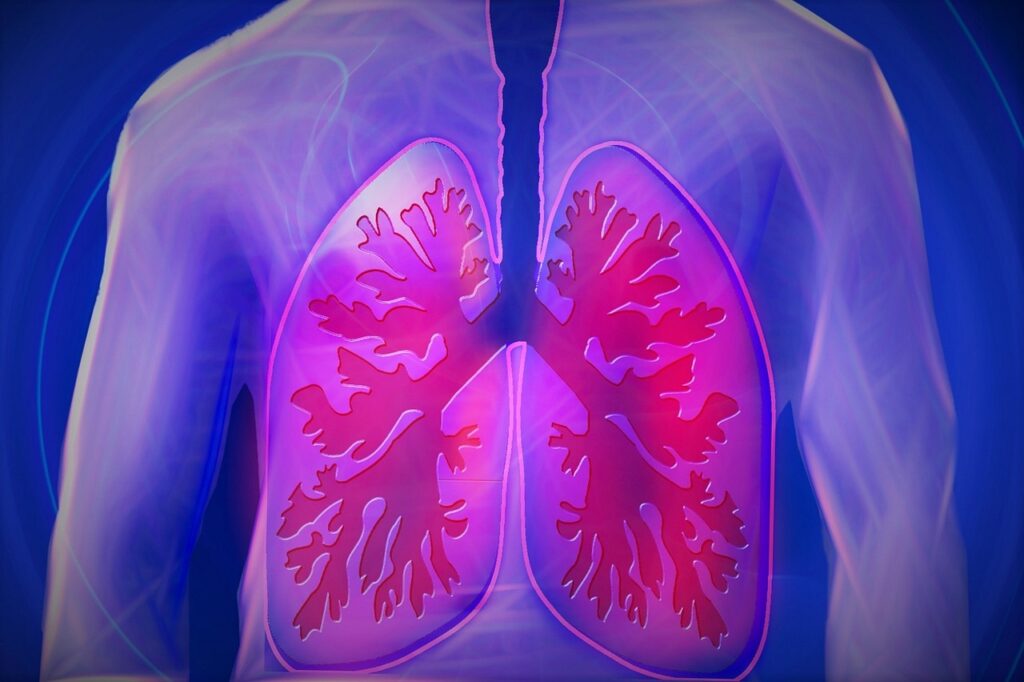
Among the most widespread cancer types worldwide is lung cancer, where early detection is pivotal for enhancing treatment outcomes. Being able to identify the initial signs and symptoms of lung cancer can lead to timely diagnosis and intervention, potentially improving the chances of successful treatment. This article will discuss the various early signs of lung cancer that individuals should be mindful of.
- Persistent Cough
One of the primary symptoms associated with lung cancer is a persistent cough that lingers for an extended period. This cough may be chronic and worsen over time, often producing blood-streaked sputum. Individuals experiencing a persistent cough that lasts for more than a few weeks should consult a healthcare professional for further evaluation.
- Shortness of Breath
Another common early sign of lung cancer is unexplained shortness of breath. Individuals may find themselves becoming easily winded during routine activities or experience difficulty breathing even at rest. Shortness of breath that is not attributed to any underlying respiratory condition should prompt a visit to a healthcare provider.
- Chest Pain
Chest pain or discomfort can also be an early indicator of lung cancer. The pain may be felt in the chest, shoulders, or back and can worsen with deep breathing, coughing, or laughing. While chest pain can have various causes, persistent or unexplained chest discomfort should not be ignored and requires medical assessment.
- Hoarseness
When a hoarse or raspy voice continues for a prolonged period, it may indicate potential health concerns like lung cancer. Seeking evaluation from a healthcare provider is necessary if changes in vocal quality persist for more than a few weeks.
- Unexplained Weight Loss
Unexpected weight loss unrelated to diet or physical activity changes may signal underlying health issues, like lung cancer. Rapid and unexplained significant weight loss requires medical assessment to determine possible causes.
- Fatigue
Persistent fatigue or weakness that interferes with daily activities and does not improve with rest could be a symptom of lung cancer. While fatigue is a common complaint with many medical conditions, prolonged and unexplained fatigue should be discussed with a healthcare provider.
- Respiratory Infections
Sometimes, frequent respiratory infections such as bronchitis or pneumonia can be associated with an underlying issue like lung cancer. If these infections keep coming back or fail to resolve completely, it is crucial to undergo further evaluation to rule out any potential serious conditions.
